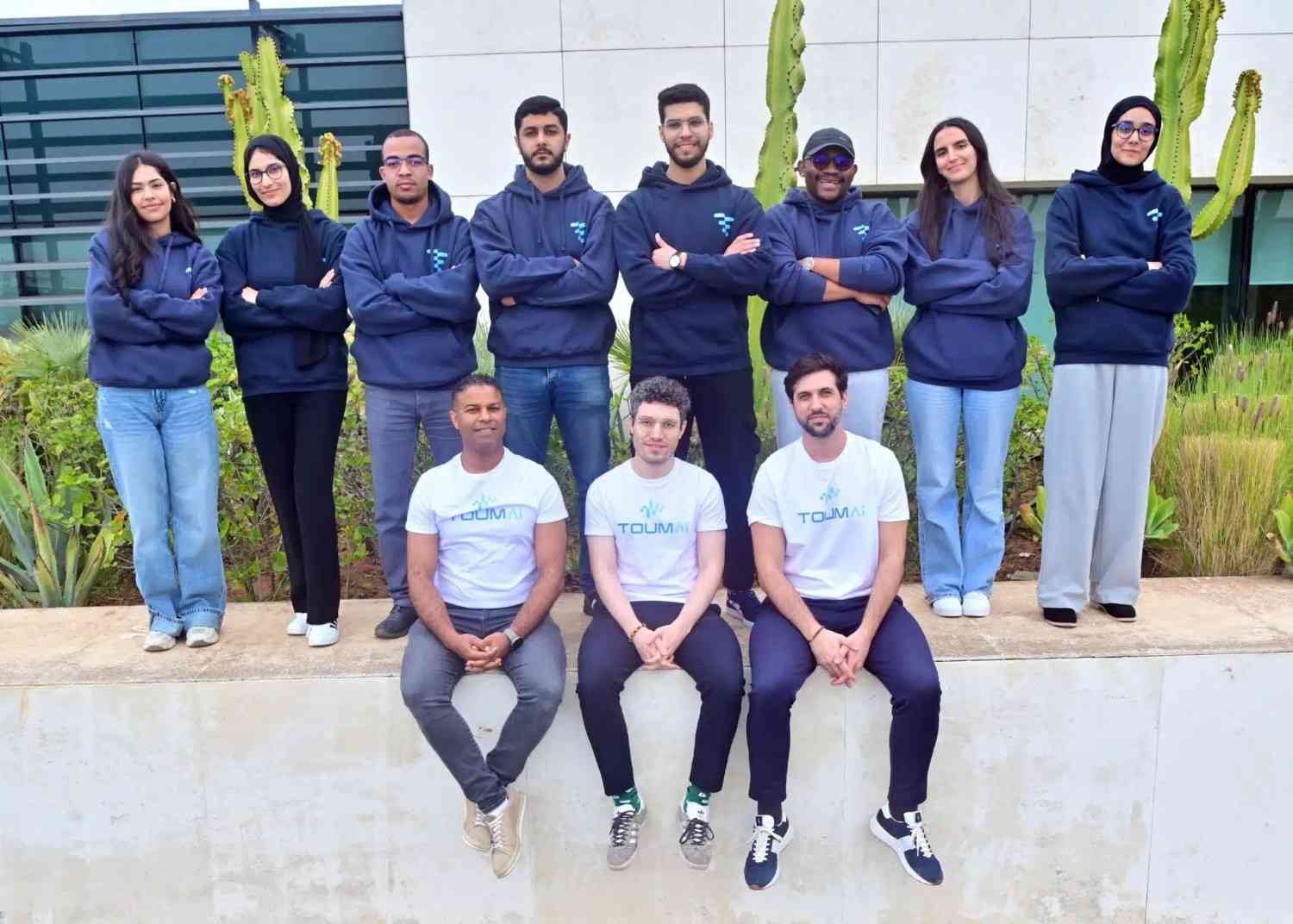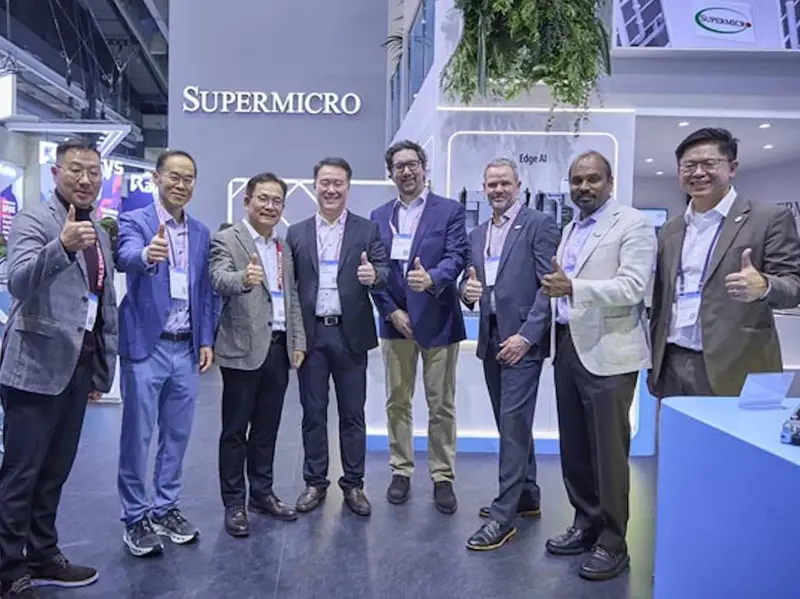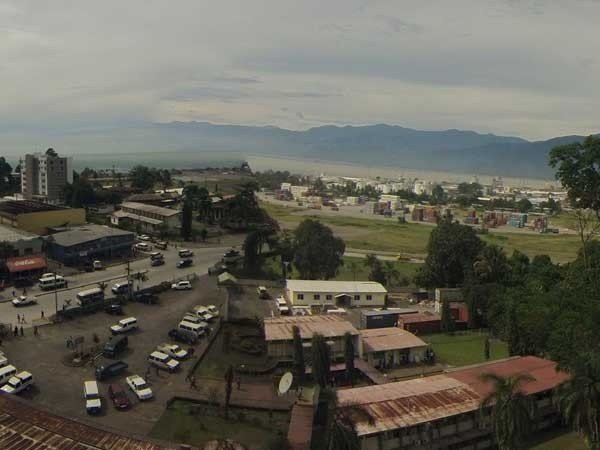As global tech giants in the United States and China lead the race for AI supremacy, African startups like ToumAI are quietly making their mark in the industry. Based in Morocco, ToumAI is pushing the boundaries of AI innovation by developing solutions tailored to emerging markets, particularly focusing on African languages that have long been overlooked by traditional AI systems.
ToumAI was founded by Youcef Rahmani, an Algerian with a background in project finance and law, who met co-founders Odin Demassieux and Imade Benelallam at a tech event in Casablanca. Benelallam, a professor in Computer Science, was researching under-resourced languages, and their discussions led to the realization that AI models, which predominantly focus on widely spoken languages like English, were failing to support African languages spoken by over a billion people.
The startup’s focus is on building AI-driven customer experience (CX) solutions specifically designed to meet the needs of businesses in emerging markets. The team works with telecom providers, banks, and call centers to gather voice data, which is then analyzed to improve customer service operations. By focusing on local dialects, accents, and speech patterns, ToumAI’s solutions offer a more personalized and efficient alternative to generic AI models.
“We know that up to 40% of adults in Sub-Saharan Africa may be illiterate, so enabling voice orders and voice commands in local languages unlocks opportunities for them,” Rahmani explained. Initially focused on text, ToumAI soon shifted to voice to bridge literacy gaps and better serve underserved populations.
In 2022, ToumAI worked on its first proof of concept with Moroccan bank Attijariwafa Bank to analyze customer feedback via text, before expanding its solution to voice. The company has since partnered with telecom provider Orange and is seeing promising results. For example, a Tunisian telecom provider increased its subscription product conversion rate from 3% to 30% after implementing ToumAI’s AI-powered voice solutions. Similarly, a Moroccan telco reduced its average customer service wait time by half, improving customer satisfaction.
ToumAI operates in a competitive space, but Rahmani believes its focus on emerging markets and its team of African talent give it a distinct advantage. The startup’s team, based in Morocco, benefits from access to highly skilled talent while keeping costs lower than competitors in Europe and the US. Rahmani also emphasizes the startup’s strong research background, which helps fuel innovation.
Another key differentiator for ToumAI is its approach to data privacy. Many African regulators find the practice of processing customer data in overseas data centers unacceptable. In response, ToumAI has created an on-premise privacy vault that anonymizes voice data before sending it to the cloud for processing, ensuring compliance with local data protection regulations.
ToumAI’s business model also sets it apart. Rather than charging per minute like many competitors, it offers a yearly maintenance fee with tiered pricing based on customer interactions. This pricing structure is customized for each client, depending on factors such as the number of languages supported and the type of interaction.
In 2024, ToumAI secured €1 million in pre-seed funding, led by Launch Africa Ventures, with additional investments from Madica Ventures, Orange Ventures, Digital Africa, and others. Rahmani explained that the funding will be used to convert existing proof of concepts into permanent contracts, expand the team, and support the startup’s goal of incorporating more African languages into its solutions.
ToumAI is also actively seeking partnerships with call center software providers and major tech companies like NVIDIA and Intel, both of which it is already affiliated with through hackathons. Rahmani’s goal is to prove that high-tech solutions can be successfully built in Africa, marking a significant milestone in the continent’s tech landscape.
Looking ahead, Rahmani reflects on the lessons learned during the fundraising process, particularly the importance of diversifying sources of investment. “Never put all your eggs in one basket,” he advised. For Rahmani and his team, success will come from proving that Africa can be a hub for innovative, high-tech solutions.















